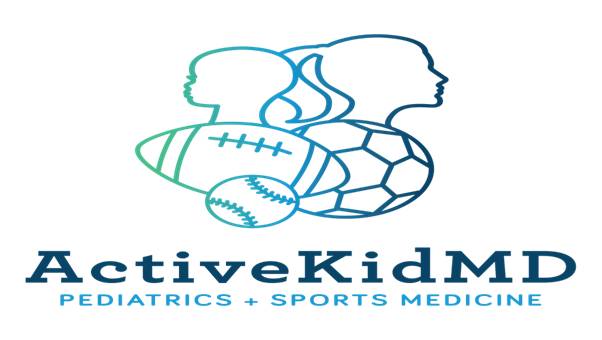Wonderful PlayPositive Article on Coaches Helping Injured Players Stay Engaged
Wanted to share an excellent article by PlayPositive written for coaches to emphasize two basic tenets of Sports Medicine: focus on what one CAN do, rather than what one CAN'T do and always try to make positive learning experiences even out of the most difficult injury situations.
Very happy that our coaching colleagues can benefit from these recommendations, but the truth is that all of us involved in the recovery process (yes, that includes parents) need to read and heed this advice.
Injured athletes and performers who are unable to participate in usual training and competitive activities routinely report feeling strong senses of isolation and loss of self-identity. The formal diagnosis of an injury provides a particular set of challenges, but often the aftermath requires keeping the athlete "in the game" by continually communicating acceptable activities, cross training options, and criteria for safe advancement to advanced level of participation.
As emphasized in the PlayPositive piece, finding creative learning experiences will enable injured athletes to make important contributions not only to their long-term growth but also encourage team-based development.
An optimal response to any injury includes regular and open discussion that must be encouraged between athletes, families, sports medicine providers, coaches and other instructors. I often find that the time investment in exchanging messages, notes, and even cell phone numbers can make a huge impact and is greatly appreciated by all parties.
Do you have any particular recommendations to help keep injured athletes "stay in the game" during their recovery process? What are the most efficient ways to encourage communication between athletes, coaches, medical providers and families?

